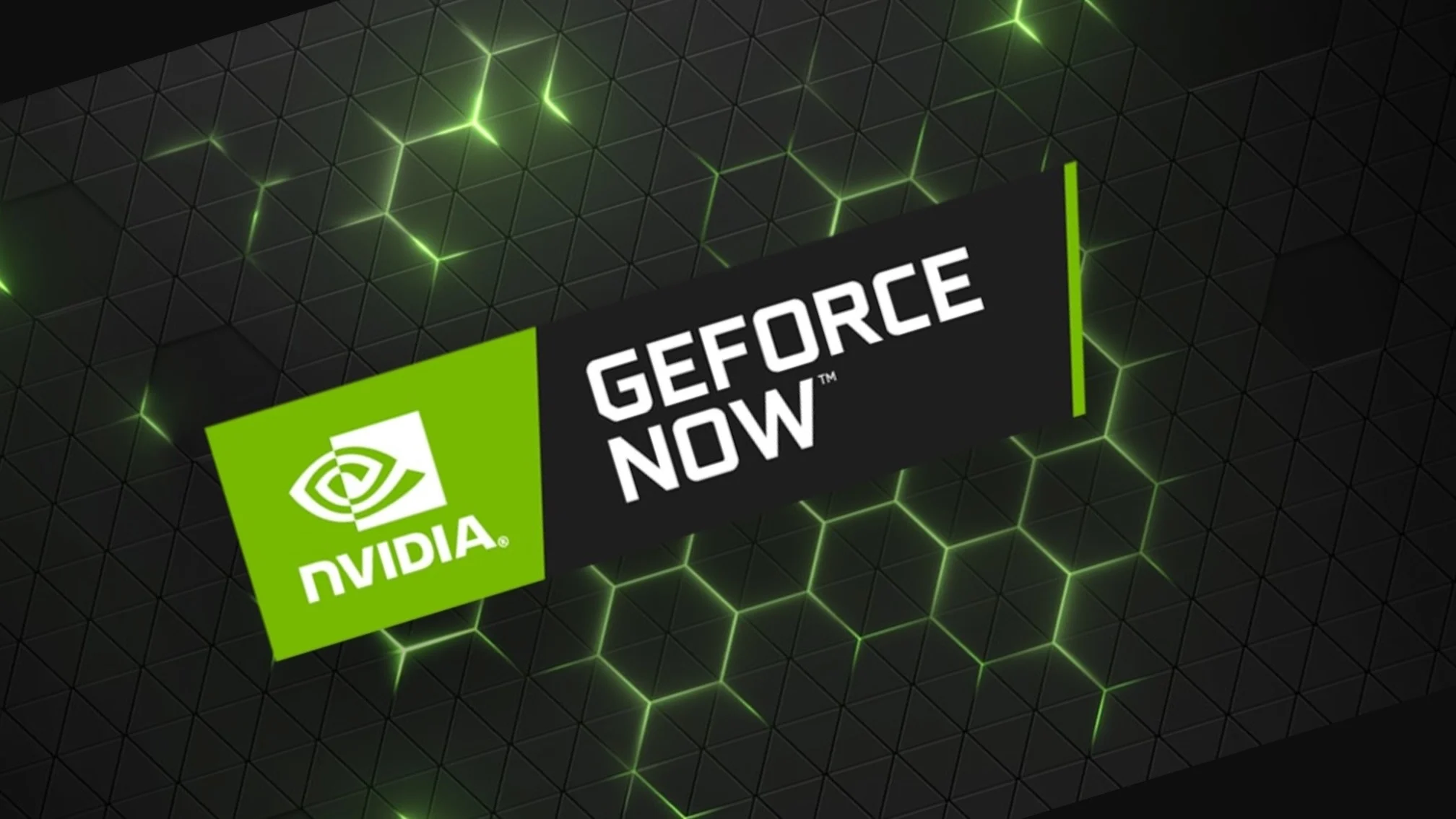Nvidia is announcing major updates to its GeForce Now cloud gaming service today, including a rebranding and a new playtime cap for certain members.
The current Priority membership tier is being renamed to “Performance,” and it will now include 1440p streaming, ultrawide resolution support, and the ability to retain graphics settings across sessions.
Additionally, starting January 1, 2025, new members joining either the Performance or Ultimate GeForce Now plans will be limited to 100 hours of playtime per month.
The 100-hour cap, which averages about three hours per day, is being introduced to prevent the need for higher membership prices in the near future, according to Nvidia.
This playtime limit aims to ensure consistent quality, speed, and minimal wait times for all paid members without affecting membership costs.
Nvidia clarifies in a blog post that less than 6% of current members will be affected by this change.

Initially, this cap will apply only to new members, but as of January 1, 2026, it will extend to nearly all current subscribers as well, except for the remaining Founders members.
Founders subscribers will retain unlimited playtime as long as they continue paying monthly, and they will not be affected by the cap unless they switch plans.
If Founders members decide to upgrade to the Ultimate tier, they will be subject to the monthly limit but can revert to their original Founders benefits with unlimited hours if they return to the Founders plan without any interruption in their payments.
Subscribers can also carry over 15 hours of unused playtime to the following month. If users reach the 100-hour limit, they will have the option to purchase additional playtime blocks or use Basic rigs for the rest of the month.
These additional blocks are priced at $2.99 for 15 hours on the Performance plan and $5.99 for 15 hours on the Ultimate plan.
To ease the transition, Nvidia is offering a 25% discount on Ultimate and Performance day passes until November 22, which users can upgrade to recurring monthly or six-month plans to secure unlimited playtime for a full year before the 100-hour cap applies to existing members in 2026.